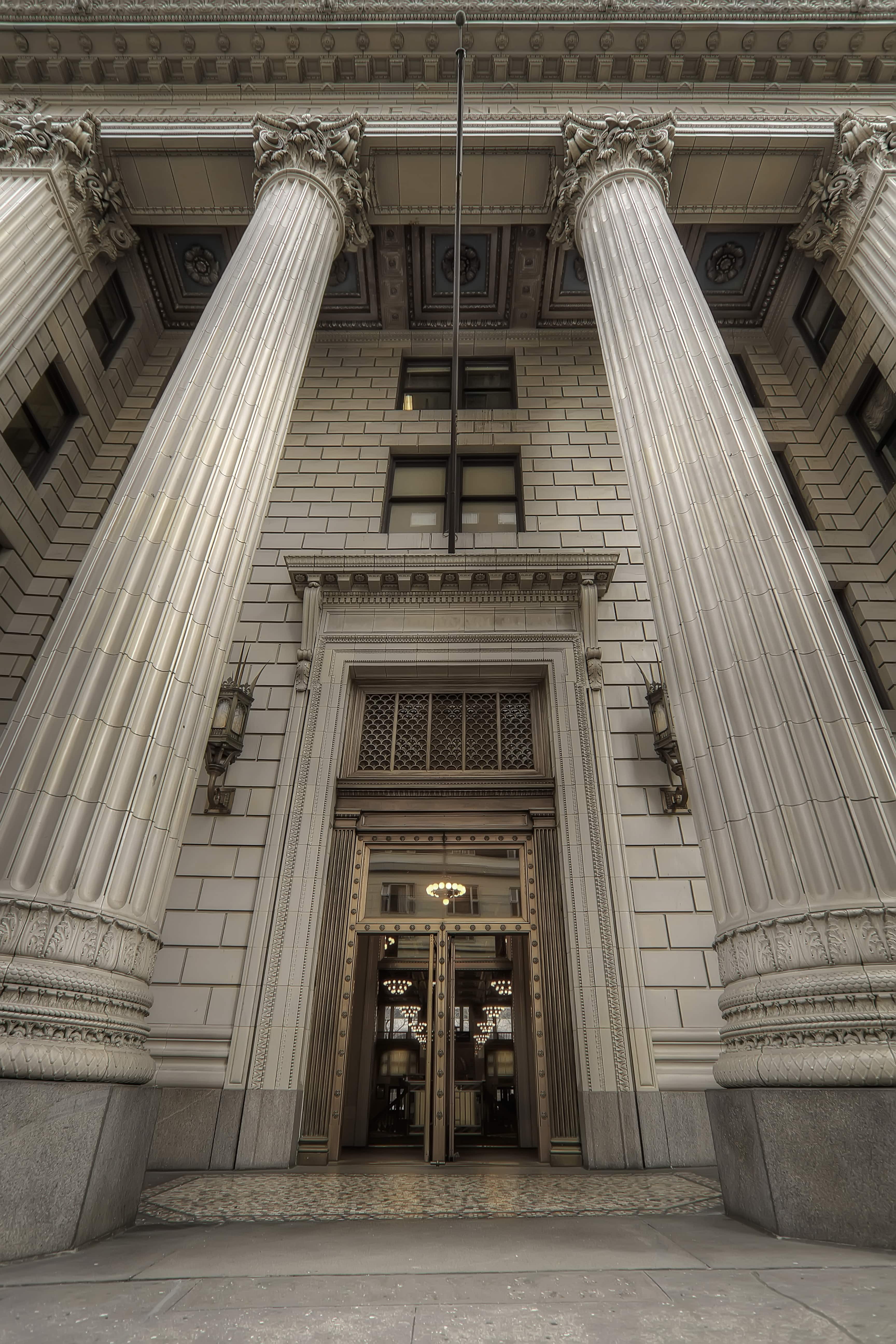Ongoing Considerations for Compliance Teams
A new reality is unfolding due to the significant changes that societies all around the world have experienced as a result of the effects of the COVID-19 global pandemic. While public and private sector entities have taken measures to deal with the destabilizing effect of the pandemic, organizations and experts focused on anti-bribery and anti-corruption have sounded the alarm bells.
This is probably most apparent from the statements made by organizations such as the World Bank, IMF, OECD’s Working Group on Bribery and some of the measures they are putting in place and exploring.
On April 22, the OECD Working Group on Bribery published a statement in which it highlighted its general concern regarding the potential for corruption:
“The coronavirus (COVID-19) pandemic is bringing unprecedented challenges, human suffering, uncertainty and major economic disruption on a global scale, which in turn can create environments that are ripe for corruption. Bribery and corruption have the potential to undermine the global response to tackle the crisis.”[1]
The statement particularly recognized the most immediate challenges to be in the health sector, but also indicated the Group will continue to evaluate other areas and provide information.
In its working paper, Ensuring Integrity in Governments’ Responding to COVID-19, the World Bank provided an outline of measures to be considered by governments to combat potential bribery and corruption arising out of responding to the COVID-19 crisis. [2] The paper emphasizes heightened risks for bribery and corruption in three areas:
- health sector response
- livelihood and food security efforts
- adoption of emergency powers by governments to address the health and economic crisis
Both the OECD statement and the World Bank paper urge governments to take measures to combat bribery and corruption in their responses to the crisis. Without these measures, their very efforts to respond to COVID-19 could be undermined by bribery and corruption.
The International Monetary Fund (IMF) has also raised bribery and corruption concerns. In its Fact Sheet regarding some of the recent loan agreements in response to the pandemic, it outlined the provisions included in those agreements such as ex-post audits, publication of procurement contracts and results and release of beneficial ownership of rewarded companies, in an effort to curb potential bribery and corruption.[3]
These statements signal the need for compliance professionals within companies to:
- Reassess their risk profile. If, for example, the company provides services or products to deal with health-related needs it should scrutinize further the relationships and transactions, particularly if new parties are engaged to do business. If the company does business in countries or industries that are typically considered more high risk then it is also important to determine if new financial aid/grants/contracts impact the business and in what manner. In this regard, considering how to monitor and investigate compliance of third parties is also critical.
- Evaluate whether tools and controls are effective. In its working paper, the World Bank outlined 6 principles that could help governments ensure they deal with bribery and corruption while handling the COVID-19 response. One of the principles is focusing on the areas where larger sums of money are spent. In light of the risks, it is important for company compliance teams to focus on the highest risk areas instead of, for example, spending excessive time and resources on uncovering small gifts.
Since proportionality is key for risk-based compliance, the compliance team will need to evaluate both in terms of past experience and new data which tools are effective and where to introduce or strengthen controls. Additionally, it is important to consider the effects of social distancing and travel restrictions on fact-finding and compliance. On-site visits and face-to-face meetings which have been hailed as the best methods to ensure real compliance are extremely limited if not impossible during this time.[4] Hence it is critical for compliance teams to explore whether other tools currently used for compliance or those in the market can be enhanced or used differently to accommodate for difficulties in gathering data in real time.
- Consider the potential impact from introduction of anti-bribery and anti-corruption measures by governments.When a company is performing services or providing goods pursuant to a contract or grant tied to financial aid packages that governments have received from international or multi-national organizations, it is critical for the compliance team to understand what needs to be put in place to comply with the requirements. This could divert resources or require more resources depending on how the company has operated.
- Strengthening compliance teams and spending is necessary. In many instances, compliance teams struggle within a company to receive sufficient funding to implement the compliance program. While the heightened risk for bribery and corruption during COVID-19 presents challenges, potential contractual requirements can provide the compliance team with some leverage to secure continued funding and support within the company.
While there might be attempts to loosen anti-bribery and anti-corruption related compliance efforts, recognizing that such efforts can undermine the efficacy of the response to the global crisis can be a useful perspective to have. Additionally, what may be a loosening up of regulation or focus from law enforcement is typically not long lasting. After the initial crisis passes a strong phase of enforcement activity emerges which makes the need for putting in place good measures and investing in the compliance program arguably even more important for the health of the company. Having a good compliance program in place and utilizing the best available tools will no doubt prove useful in the short and long term.
[1] The global response to COVID-19 pandemic must not be undermined by bribery, Statement by OECD Working Group on Bribery, April 22, 2020, available at: https://www.oecd.org/corruption/the-global-response-to-the-coronavirus-pandemic-must-not-be-undermined-by-bribery.htm
[2] World Bank. 2020. Ensuring Integrity in Governments’ Response to COVID-19 (English). Washington, D.C.: World Bank Group. http://documents.worldbank.org/curated/en/801501588782665210/Ensuring-Integrity-in-Governments-Response-to-COVID-19
[3] IMF, How the IMF is promoting Transparent and Accountable Use of COVID-19 Financial Assistance, available at: https://www.imf.org/en/About/Factsheets/Sheets/2020/04/30/how-imf-covid19-financial-help-is-used
[4] Nicola Bonucci, The OEDC Working Group Responds to Bribery Risks, FCPA blog, May 1, 2020, available at: https://fcpablog.com/2020/05/01/the-oecd-working-group-on-bribery-responds-to-covid-19-bribery-risks/
 Back to Insights
Back to Insights



